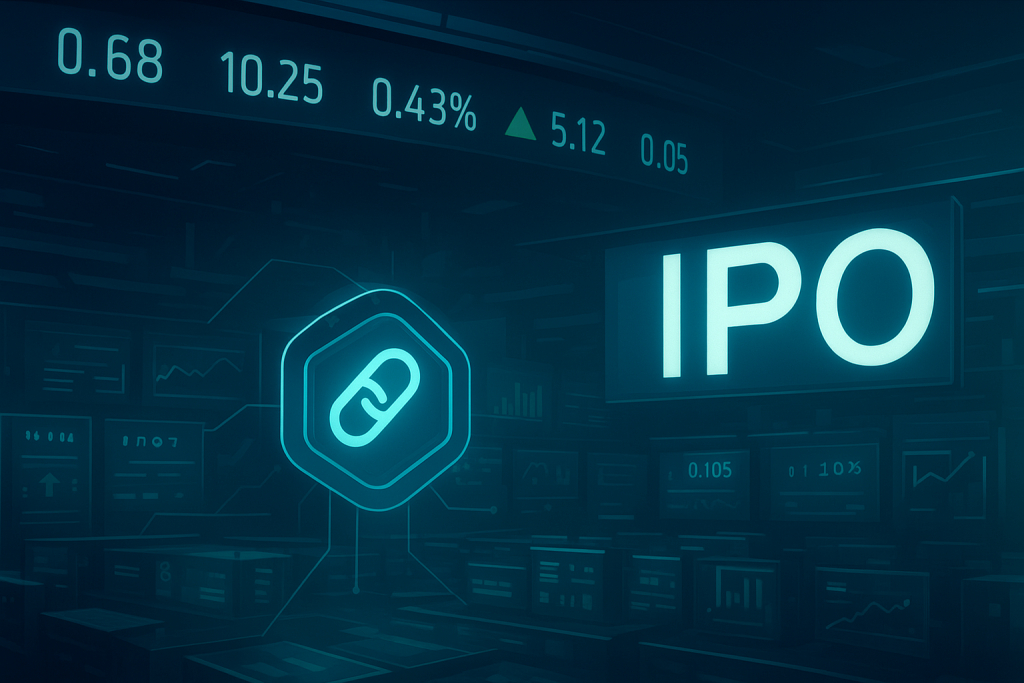The concept of going public has always been tied to Wall Street, ringing the opening bell, and raising capital through an IPO. But in 2025, that ritual is being challenged by a new model: Blockchain IPOs. Instead of relying solely on traditional exchanges, companies are issuing tokenized shares — digital representations of equity recorded directly on a blockchain.
This approach isn’t just about efficiency. Tokenized shares allow for fractional ownership, meaning retail investors can buy into offerings with as little as a few dollars, expanding access to markets once dominated by institutions. They also create 24/7 liquidity, as shares can trade globally without being bound by a single exchange’s operating hours.
Early blockchain IPO experiments have already launched in Europe and Asia, with fintech startups and renewable energy firms testing the waters. Their success is drawing attention from larger tech players, who see tokenized listings as a way to tap into Web3-native investors and unlock cross-border capital more easily than through a standard IPO.
Still, hurdles remain. Regulators are grappling with how to classify and oversee tokenized equity. Legal questions around shareholder rights, corporate governance, and taxation must be resolved before the model scales. But if these challenges are addressed, Blockchain IPOs could redefine the very structure of public markets — making capital raising faster, cheaper, and far more global than ever before.


